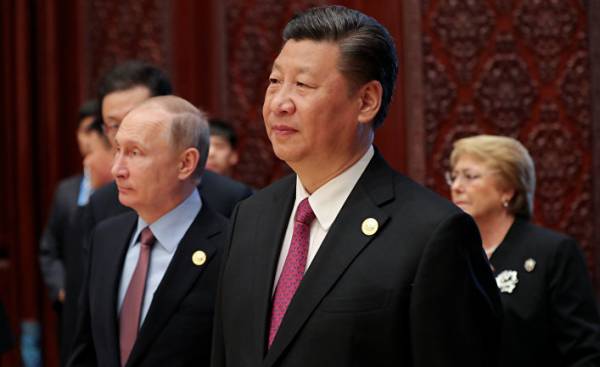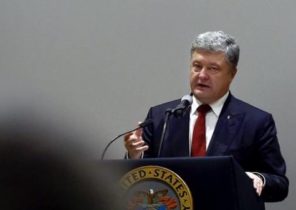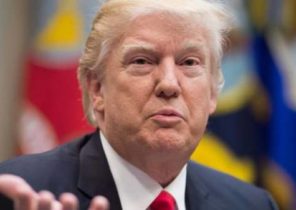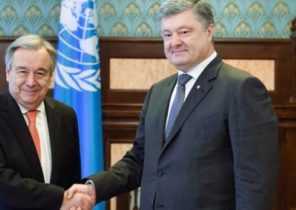
After the election Donald trump, Chinese President XI Jinping is trying to look like the absolute opposite of the American billionaire. And current disagreements between Europe and the United States gives him the opportunity once more to confirm it. Bonding with the Old continent and protecting common values such as free trade and environmental protection, endangered the White house, China also aspires to secure its relationship with a major trading partner. But also wants to look in his eyes the responsible leader of a troubled world. Even if the facts do not always correspond to the words.
While Donald trump has refused to speak in favor of the Paris agreement to combat climate change at the last G7 summit, the Chinese leader has made this issue a major political topic. In particular, he promised the new President of the France Emmanuel Macron that he would defend the agreement with him. At the end of the summit between the European Union and China, which will be held on Thursday and Friday in Brussels in the presence of Chinese Premier Li Keqiang, a communiqué will be issued, which would reflect the commitment of both parties to execute this document.
The main culprit of CO2 emissions on the planet, China, where the air and rivers are heavily polluted, have yet to prove trustworthy. The second world power, which invests heavily in renewable energy, of course, officially waging war against environmental pollution. The country expects by 2020 to reduce by 800 million tons of annual production of coal, which provides about 60% of all electricity. However, it is impossible to say whether this goal has been achieved, given the resistance of Industrialists and local authorities who seek to limit economic and social consequences.
After his speech at the economic forum in Davos earlier this year was highly appreciated, XI Jianping is presented as the champion of liberalism, which must be confirmed at the summit in Brussels.
Many observers, however, believe that China is engaged in demagogy. “We would like China to at home to do what he preaches around the world — said one European diplomat in Beijing, which denounces the lack of reciprocity for direct investment. Last year the Chinese invest 35 billion euros in the EU, against 8 billion invested in the European economy, according to consulting company Rhodium Group (USA — approx.ed.).
Beijing also point to the difficulty of access to the Chinese market. More than half of European companies believe that foreign firms are subjected to overt discrimination, according to a recent study of the chamber of Commerce of the European Union. They argue, in particular, that it is advancing much more strict rules in the field of the environment than their Chinese competitors.







